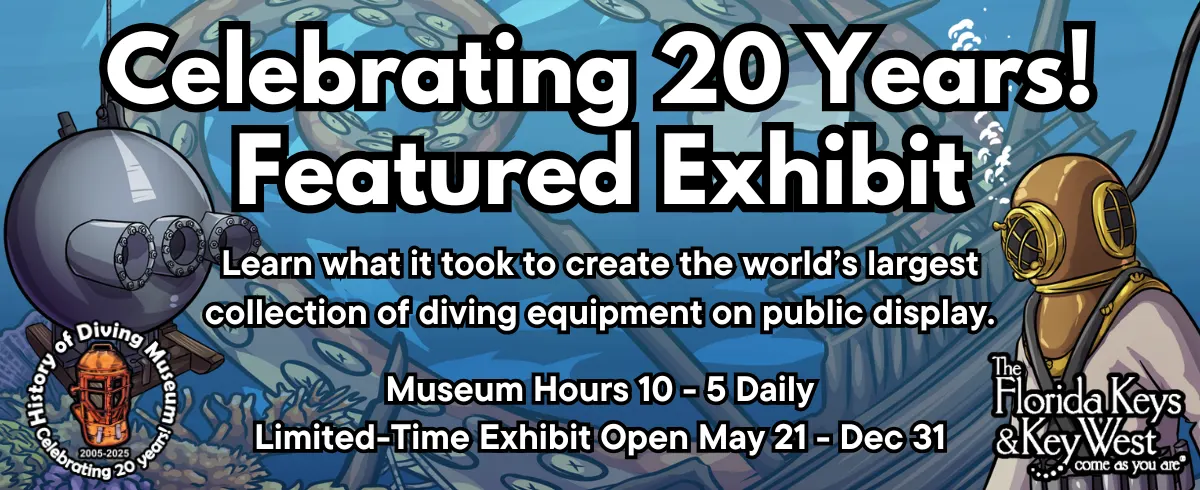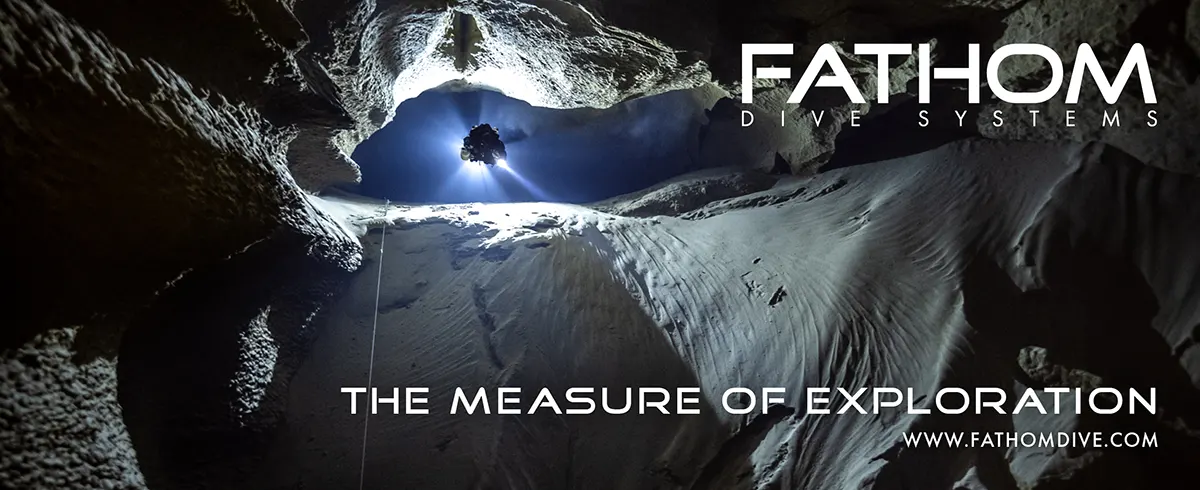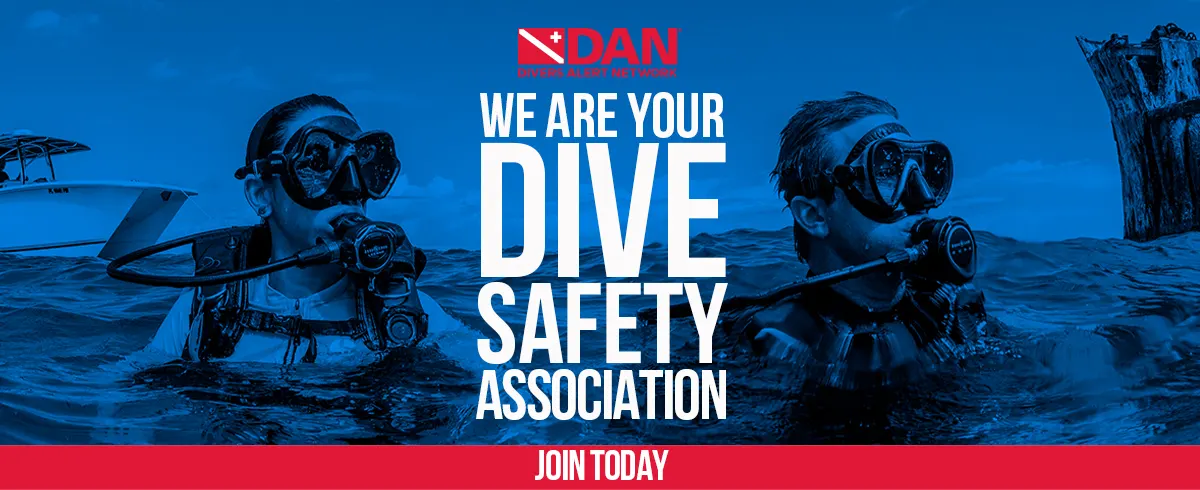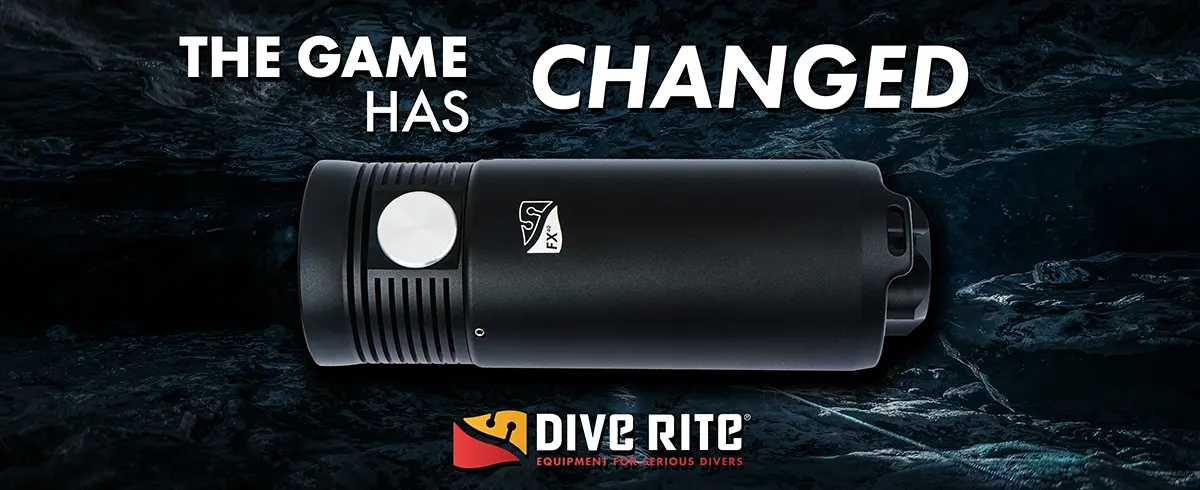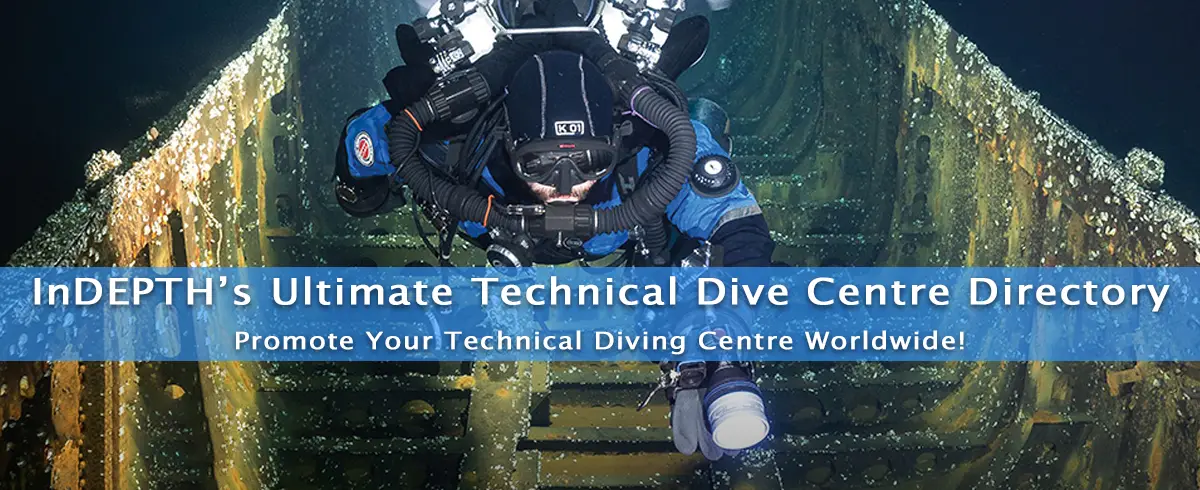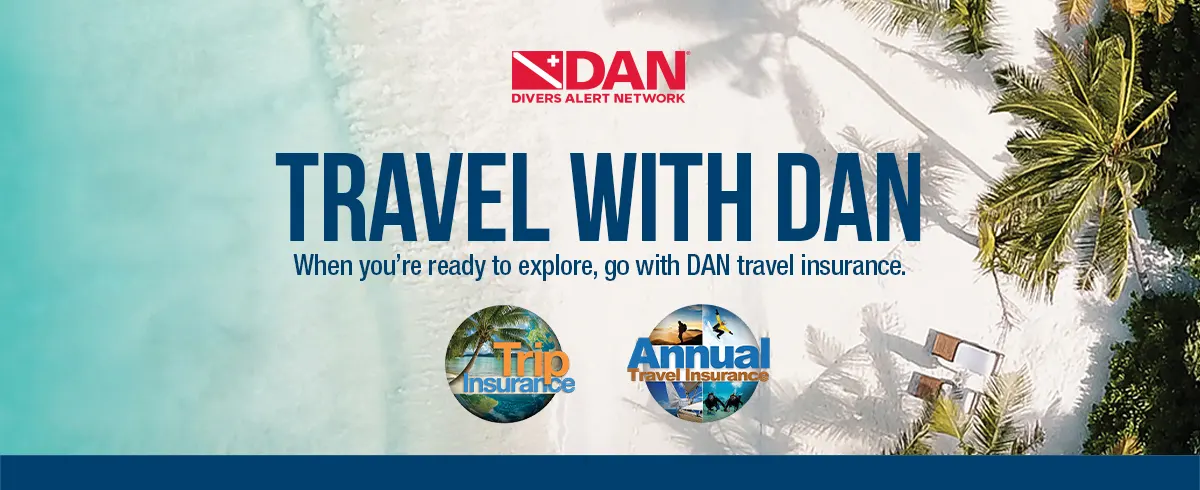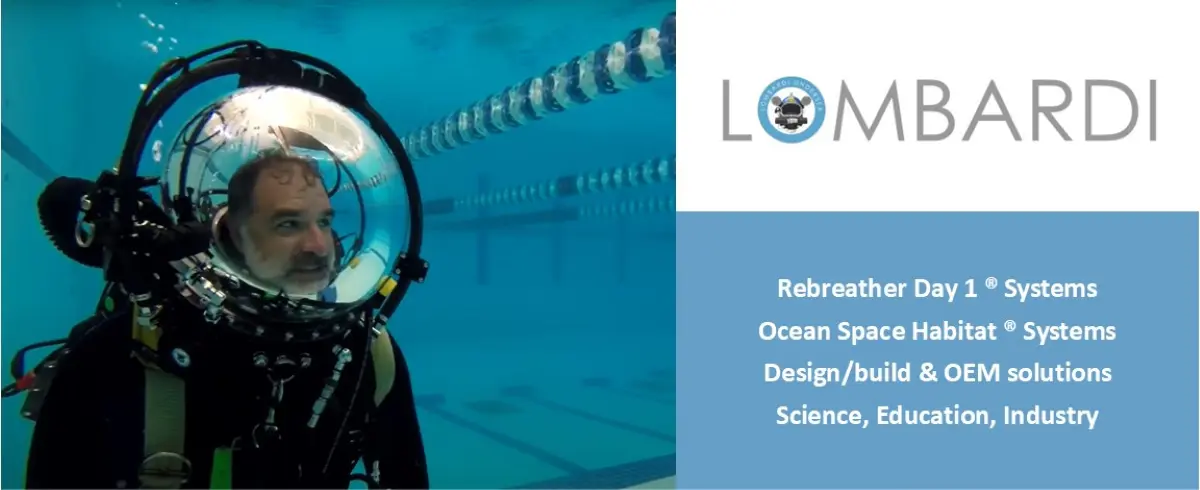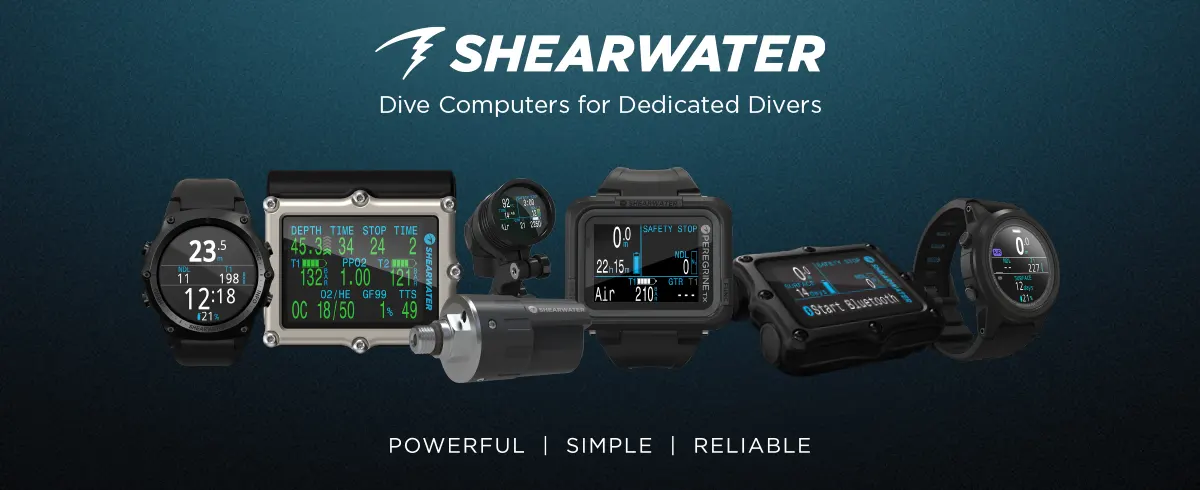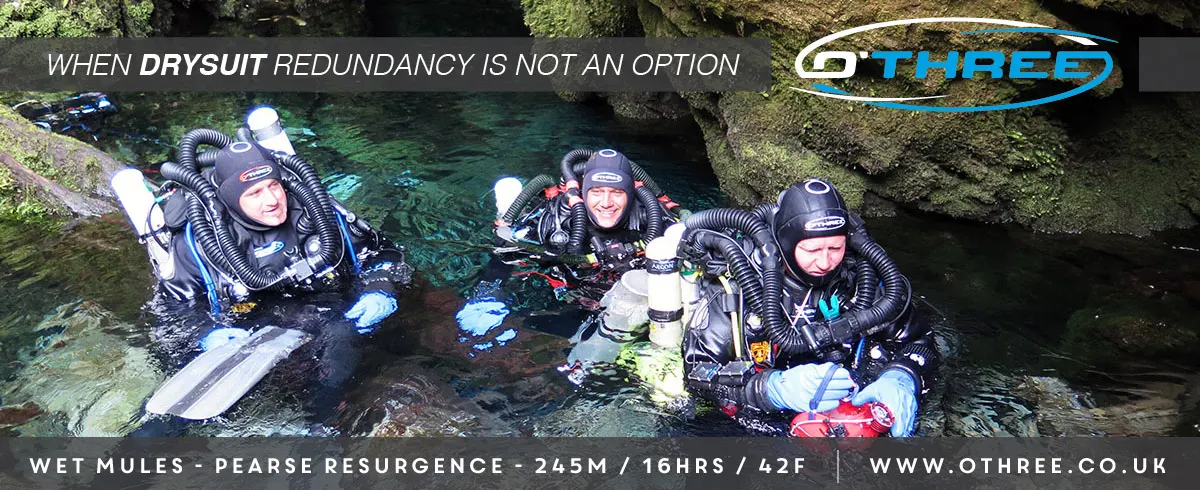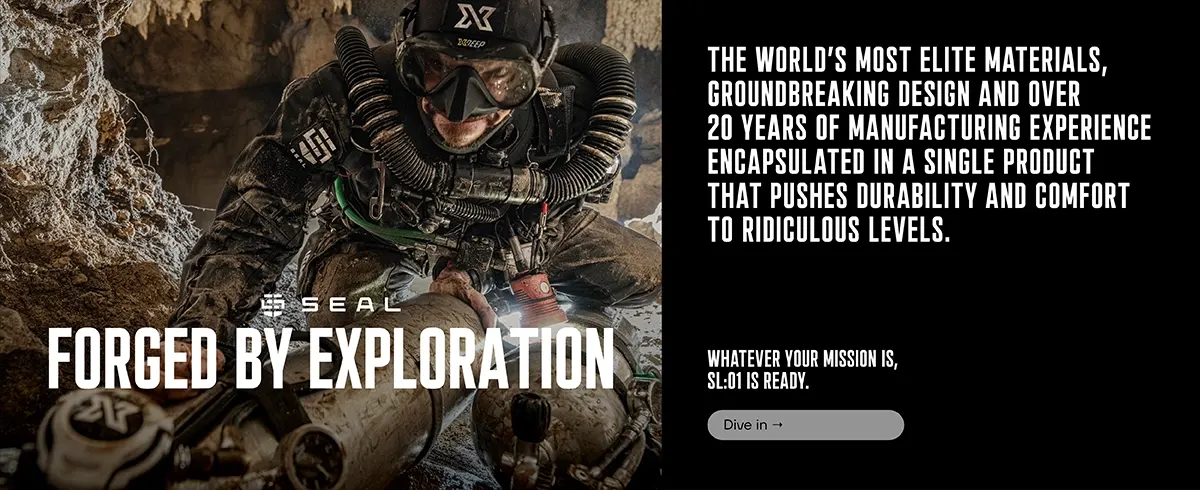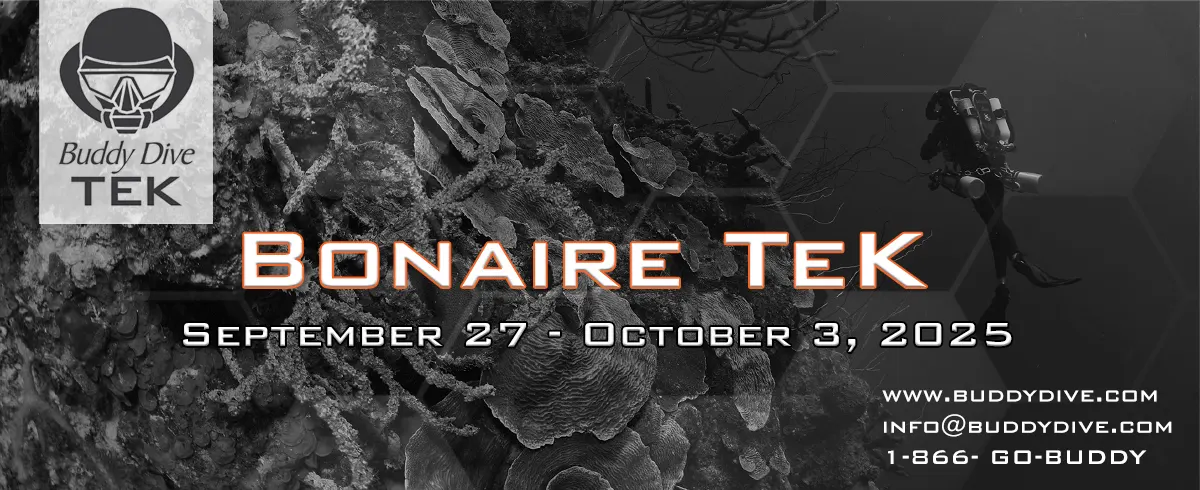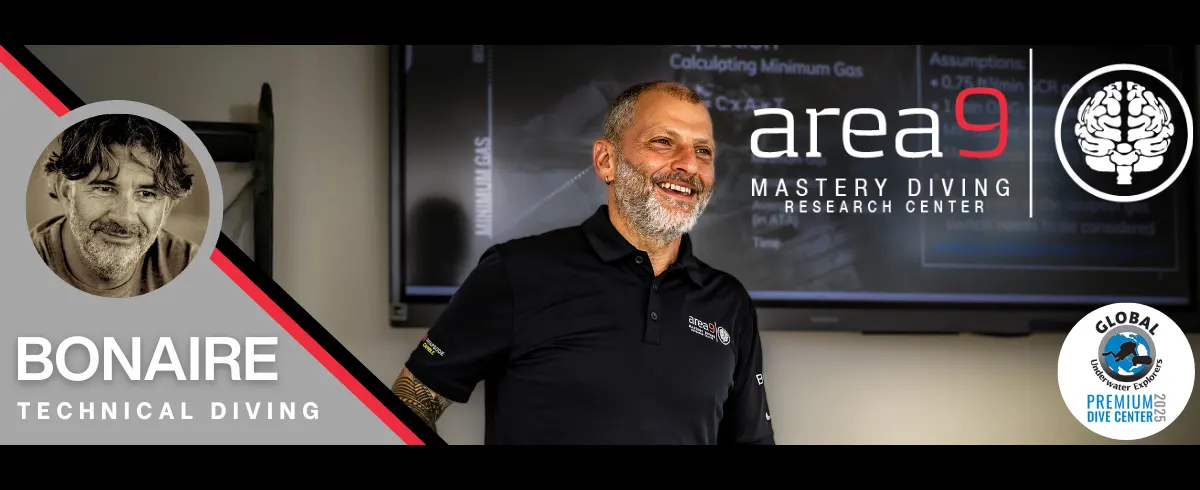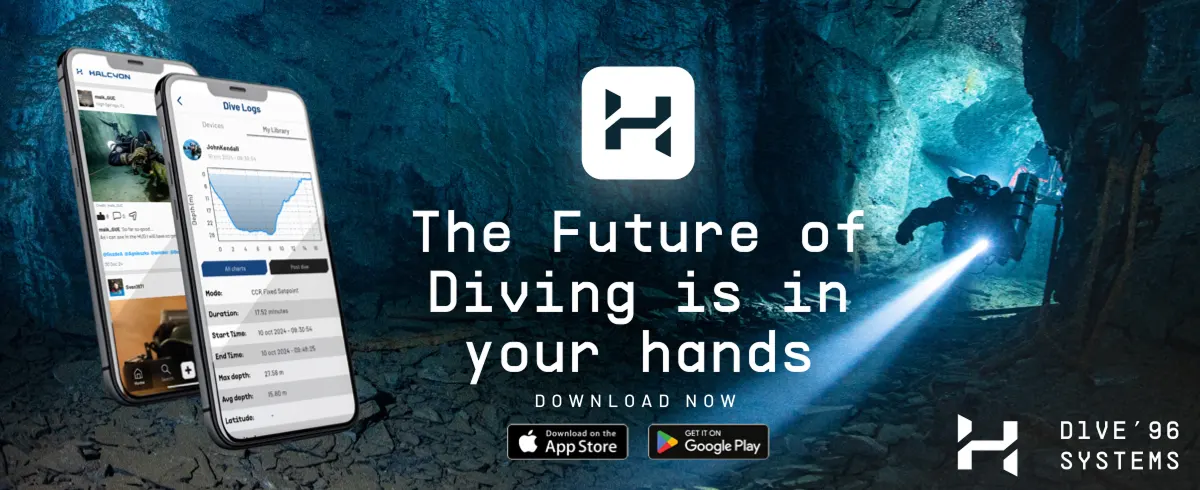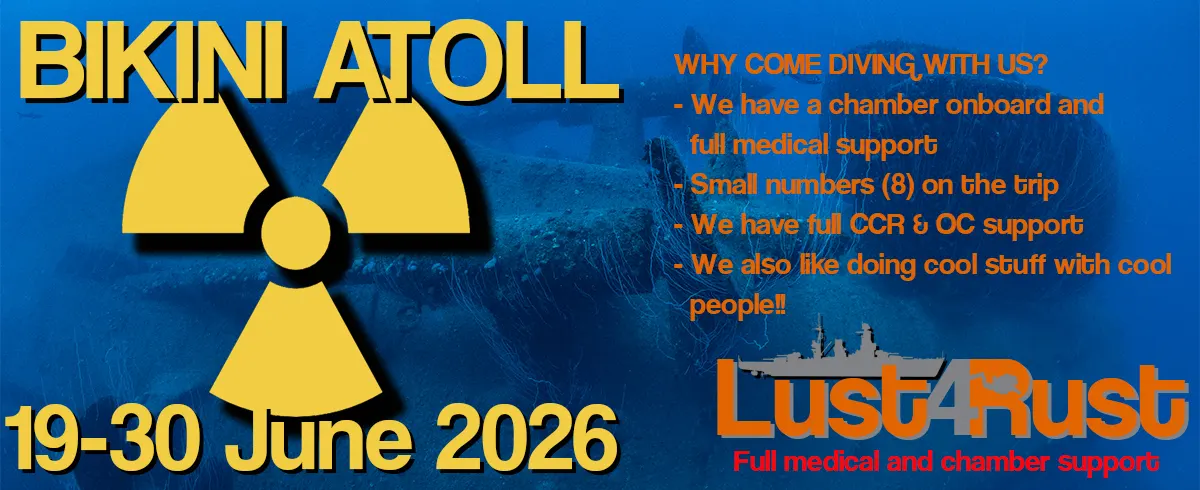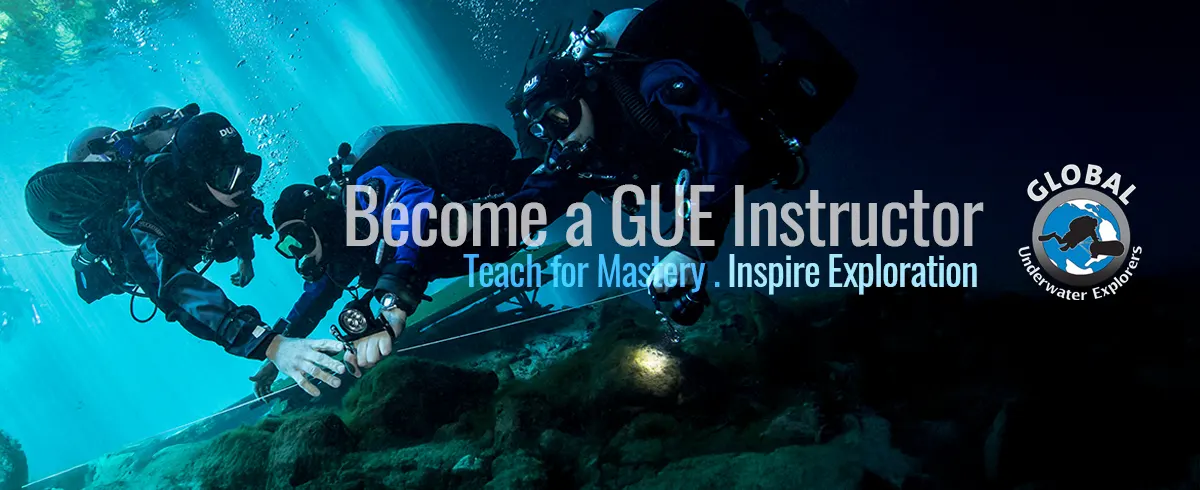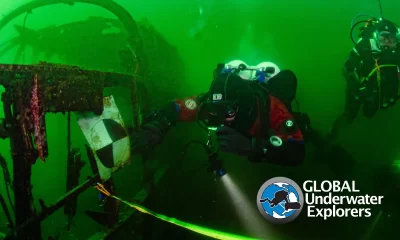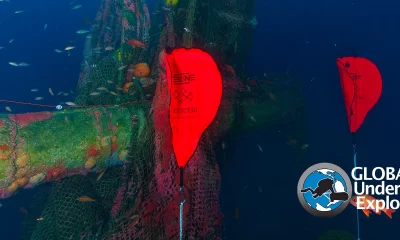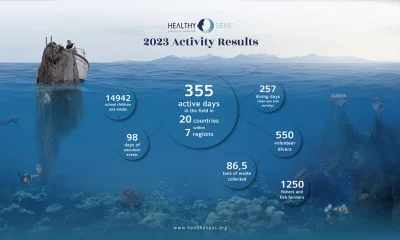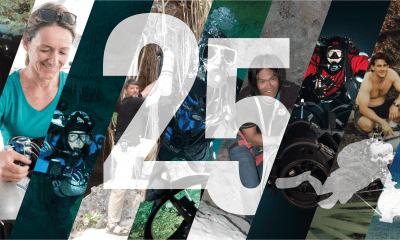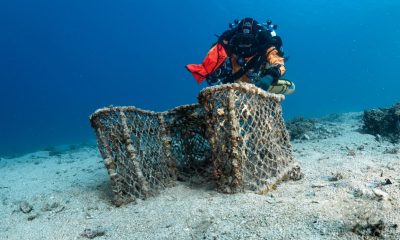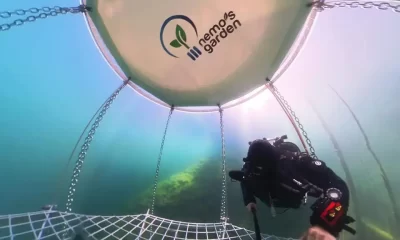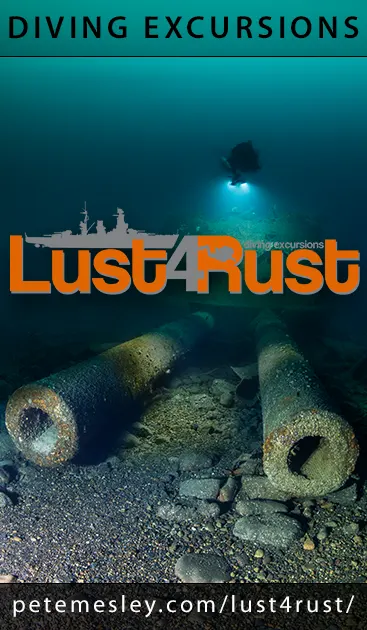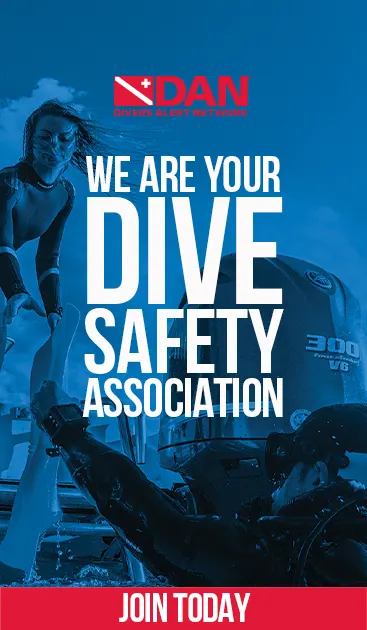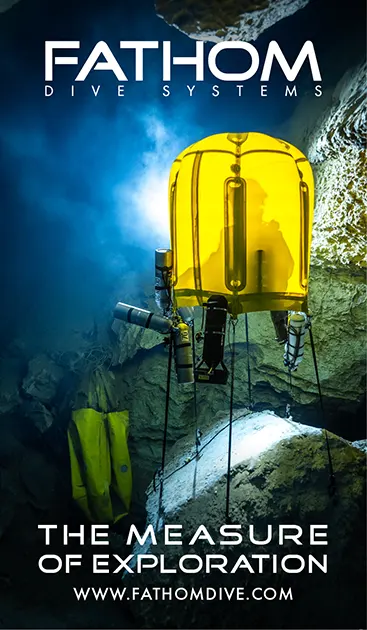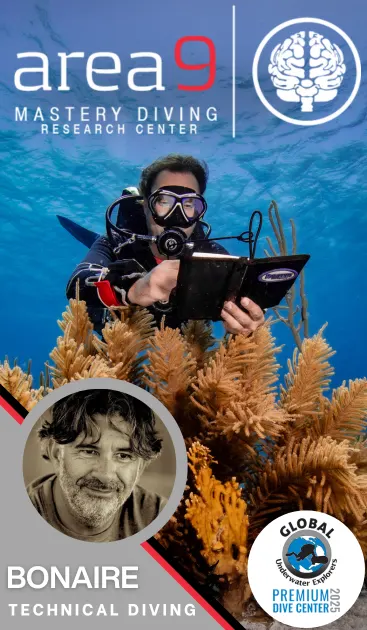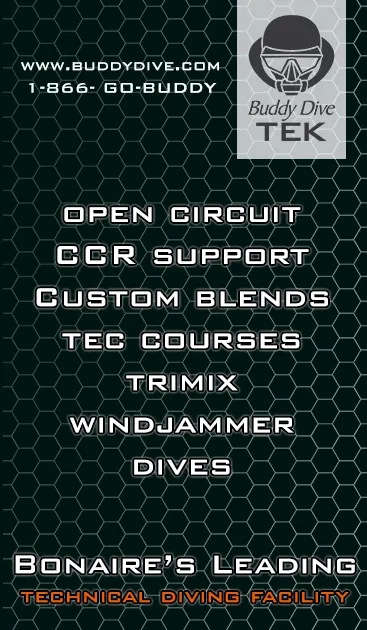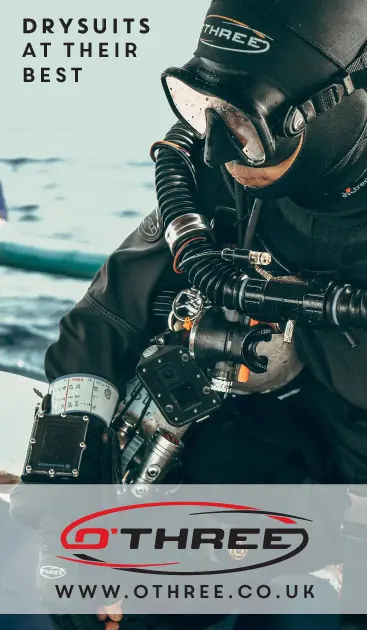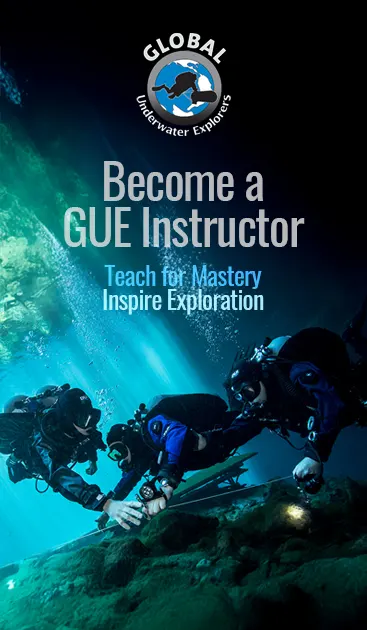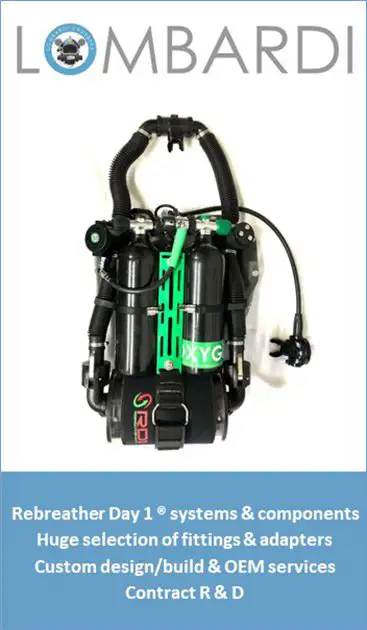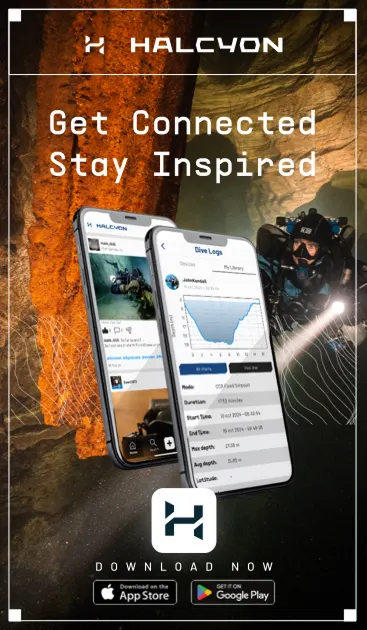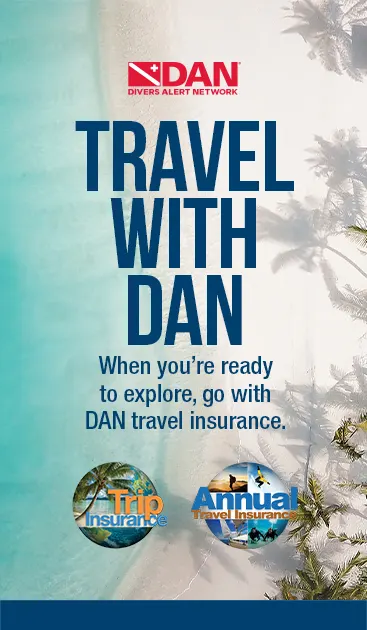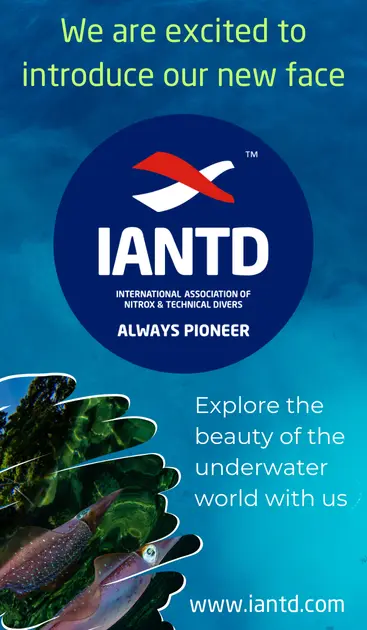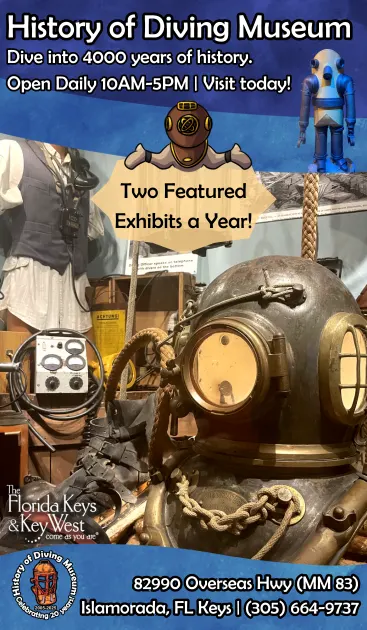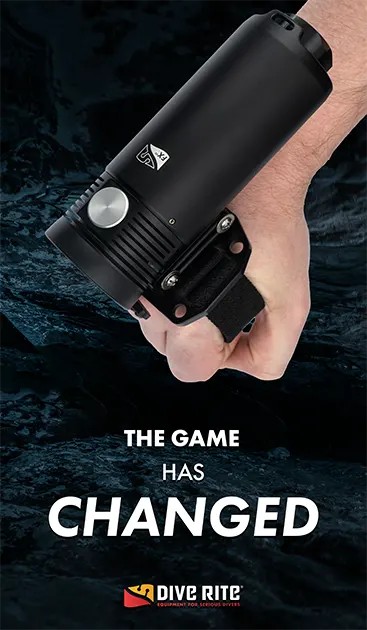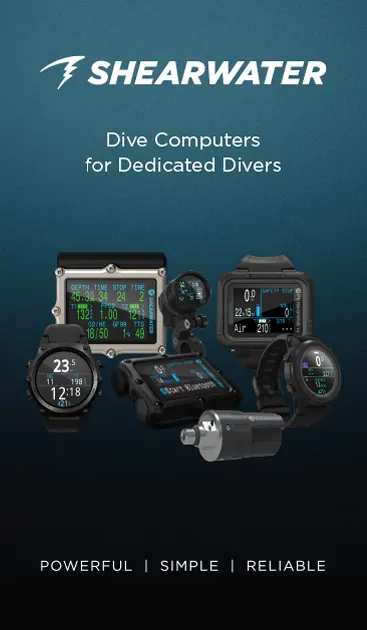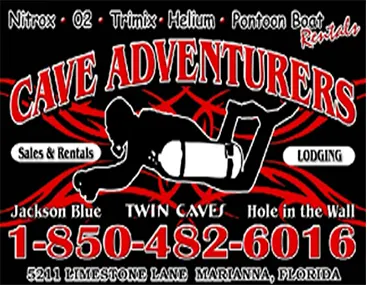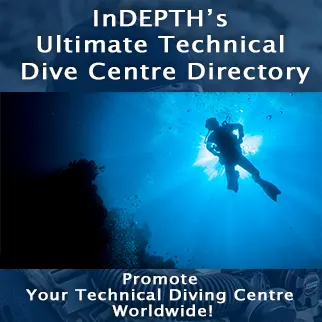Community
My Journey Into Spearfishing
Some divers are uncomfortable with underwater hunting and question whether it contributes to ocean conservation. NAUI Freedive Training Coordinator, and instructor trainer Dan Semrad shares his joyful journey into breath-hold spearfishing, and his thoughts on responsible harvesting. Take a deep breath.

by Dan Semrad
All photos courtesy of Dan Semrad
People often ask me, what got you into freediving? Apparently, pursuing a career in breath-hold diving doesn’t seem like a logical choice for a guy born and raised in Oregon. The answer to that question is undeniably spearfishing.

I grew up loving the water. Truth be told, I was freediving long before I knew that it was a formal sport; before I knew it had risks associated with it; and before I knew it was even a real option. At that point I fell into the most dangerous group of freedivers, the untrained and task-loaded solo divers. In my mind I was snorkeling, albeit aggressive snorkeling, but snorkeling nonetheless. I couldn’t dive very deep or my ears would scream at me and the resulting barotitis media [damage to the middle ear from pressure changes] would render me functionally deaf until it resolved. Of course, that wouldn’t stop me from hitting the water whenever I could.
It wasn’t until I had finished my master’s degree in education that I started my formal dive training and got scuba certified. I was hooked. I started helping with every course, advancing through the ranks until ultimately earning my scuba instructor credentials with the National Association of Underwater Instructors (NAUI).
Somewhere along the line I found an old speargun in a shop and asked about it. Being a science teacher with a love for environmental science, I have always felt that it is important to know where my food comes from, and I have always done my best to raise, grow, or harvest my own food. I also love to fish and am aware of the problems associated with our commercial fisheries, environmentally speaking. So spearfishing appealed to me as both an application of diving and as a way to sustainably harvest food for my family and friends.
For The Love of Breath-hold
As I became more proficient and more connected with our local spearfishing community, I realized that spearing on scuba wasn’t universally accepted. I started getting gentle nudges to start spearing on breath-hold. At the time I thought that freedivers were a pretty crazy bunch, and I honestly had zero interest in freediving beyond about 40 ft/12 m for more than a minute. That gave me all the time I needed to hunt our local targets of lingcod, rockfish, and cabezon.
I took my first freediving course with that goal in mind. My mindset was that I would do the breath-hold required, learn the technique, and then spearfish safely. However,
I would never really use it for anything more than shallow Northwest spearfishing.

Little did I know that it would change my life.
Upon taking my first course, I fell in love with freediving and spearfishing on breath-hold. I had already come to the realization that local spearfishing was not very challenging when you have a tank on your back. Not that doing it on breath-hold leveled the playing field, but pursuing my dinner underwater while holding my breath definitely added a new element of fairness and adventure to the hunt, and I loved it. I also observed that the marine environment interacted with me differently and I with it when I entered the water on breath-hold versus when I was on scuba. I wanted more.
I became comfortable exceeding my initial goals and was curious how far I could actually go. So I continued my training and eventually became a freediving instructor, and then an instructor trainer for both NAUI and Performance Freediving International (PFI). As divers we are drawn to the water, but I felt the pull in such a way that I decided to leave my job teaching high school–and scuba–and pursue my passion for breath-hold diving. I discovered that I enjoy the pursuit of depth on the line and the mental challenge of pushing for longer static breath-holds. I enjoy diving deeper on a breath-hold than I do on scuba, but if I am diving for fun, I always come back to spearfishing.
Responsible Harvesting
I often get mixed responses to my passion for spearfishing. The most common response is from onlookers who are genuinely interested in what I’m doing and about the fish I catch. Even the hook-and-line folk whom we share sites with will more often than not be excited about what we are doing and ask us where the fish are holding, or if we can find that favorite jig they lost earlier in the day. Occasionally, though, I run across someone with a negative perception of what we do. My approach to this is to always be respectful, ask questions to understand their point of view, and then respectfully advocate for responsible spearfishing.

In my mind, spearfishing–and especially spearfishing on breath-hold in the Pacific Northwest–is the most sustainable way to harvest seafood. If you enjoy eating seafood, harvesting it yourself is the most responsible way to do it. On the flip side, I also try to educate my fellow spearos on what species we target and when, being mindful of reproductive cycles and growth rates. I encourage them to be good representatives for our sport and our community. We often talk about the food quality of a trophy size fish versus a smaller fish, or the fecundity of a large female lingcod and how many smaller lingcod it would take to produce the same number of eggs. Once a harvest is made, we discuss what images we should put on social media and how we can be respectful of our catch and the community.
When considering my personal hunting/harvesting, I try to make sure that every day in the water is focused on safety and enjoyment. Earlier this year, my team and I had the opportunity to go after a couple of world records for spearfishing, and we were successful. Even on the days where a trophy fish is the target, we focus on fish that are part of a sustainable stock, and we are very selective in our harvest by only taking the fish we need that day. I enjoy the interaction as much as the harvest.
Finding the fish and then leading it to where you can present your shot takes a lot of patience and practice. Some of my most memorable fish were ones that I ultimately passed on for one reason or another. I will always remember a drop in Hawaii where I called in a large uhu from way down the reef, after my buddy had spooked it. I had set up behind a coral head banked by a wall creating a natural pinch point. The fish became curious, swam across the reef to investigate, and went right through the pinch that I had set up, providing me with the perfect shot. As the fish–which was larger than any uhu I had seen in a long time–swam past, I just enjoyed watching it carry out its business. I was flying out the next day and knew there was no way I would use all of that catch, so I left it on the reef.
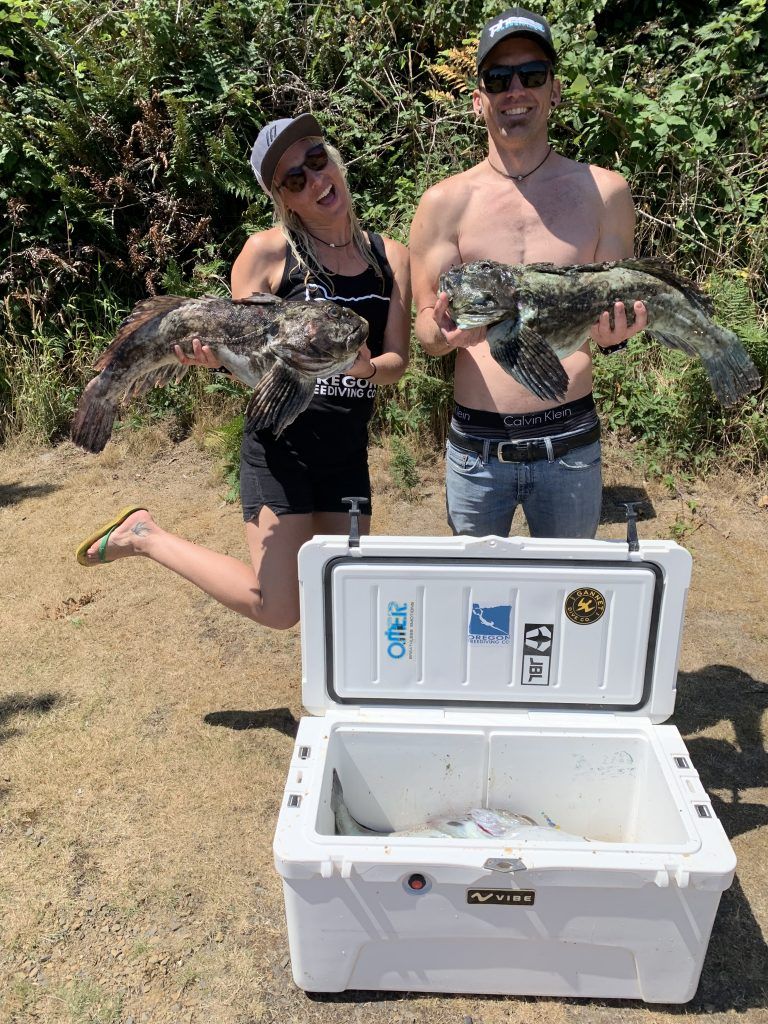
Freedive spearfishing provides an incredible way to enjoy our marine environment and harvest fresh food. It is about a lot more than simply going out and shooting whatever you can: It is the most selective way to get dinner, and most spear fishermen and women are some of the strongest ocean advocates out there. Our passion lies not only in hunting but in becoming part of the marine environment. I am not alone in my sentiments about leaving fish more often than taking them.
If you are interested in spearfishing on breath-hold, please take a freediving class first. Learn the technique, and, more importantly, the freediving safety protocols. Taking a local spearfishing course is also a great way to speed you on your learning curve and to ensure that you get off to a good and safe start.
Dive Deeper:
The Oregon Freediving Company Youtube Channel
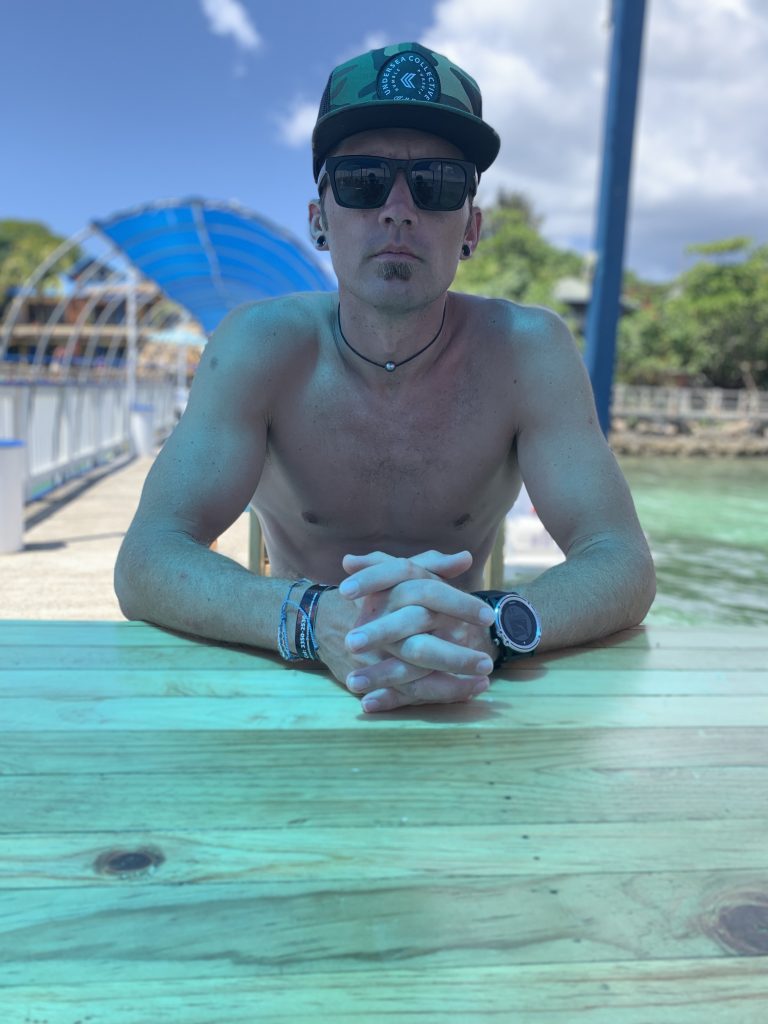
Dan Semrad II is the NAUI Freedive Training Coordinator, an Instructor Trainer (IT) for NAUI, for both freediving and scuba, and a PFI IT. Dan is a professional educator with a bachelor’s degree in biology and a master’s in teaching. After becoming a scuba instructor, Dan wrote curriculum enabling his high school science students to earn scuba certification, a high school science credit, and a college credit. Before leaving full-time public education to pursue a career in freediving, Dan was the recipient of MIT’s “Excite Award” for innovative classroom projects. Dan left the scuba shop that he co-founded to start The Oregon Freediving Company, the first freediving shop in Oregon, which caters to all types of freediving with emphasis on spearfishing. Dan has coached athletes to national records; worked as a competition safety diver on multiple national records; competed in spearfishing tournaments; and assisted in world-record spearfishing trips. His website is www.oregonfreediving.com, which includes a course and events schedule. You can also contact him at [email protected].

